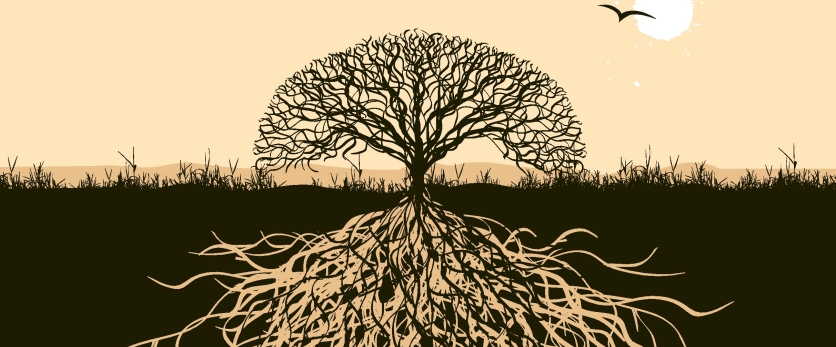American film Fermented by director Jonathan Cianfrani wins the LSFF Grand Prix 2018, together with prize money of EUR 3,000.
There is not a culture in the world that does not know fermentation. Fermented foods that make it possible to store foods even in times of scarcity circulate the “cultural DNA” of humankind as a whole. American film Fermented follows a journey around the world undertaken by master chef, presenter and food populariser Edward Lee in search of the producers of fermented foods. Korean kimchi. German sauerkraut. Cheese. Bread. Soy sauce. Miso. Those who produce it all have one thing in common – fermentation is not simply a culinary technique; the long wait for the yeasts to do their work makes it possible to come to surprisingly similar conclusions about the nature of the world and the place of humans in it.
Director Jonathan Cianfrani also produced the American TV documentary series “The Mind of the Chefi” (Emmy Award 2012 in the Outstanding Culinary Program category) and Brew Masters (2010).
Edward Lee, an American master chef of Korean origin from Brooklyn, is your guide through the film. He owns three American southern-style restaurants, is the author of cookbooks Smoke and Pickles and Buttermilk Graffiti and has been nominated four times for the James Beard Prize for Merit in gastronomy, food literature and culinary education. The panel’s reasoning: It is little wonder that fermented foods are among the most traditional and have always been synonymous with the healthiest nutrition. The panel of judges awards the main prize for the popularisation of microbiology in a way that is understandable and for making reference to the fact that we often have the simplest solutions right before our eyes from a long time ago.
Other films acknowledged
The Minister of Agriculture Prize was won by a French film from directors Jean-Baptiste Malet and Xavier Deleu entitled The Empire of Red Gold. Tomatoes. Common tomatoes. They have, however, in the globalised world, been transformed into a commodity, just like oil or coal. The panel of judges proposed awarding the price for an in-depth film study of the socioeconomic results that global trade in this commodity leaves behind.
The Faculty of Agrobiology, Food and Natural Resources Prize goes to France, to director Benoît Bringer, for his film The Carnivore’s Dilemma. Population growth leads to the intensification of farming. Genetics, biology, nutrition and other scientific disciplines are changing the ways in which food is made. On the other hand, though, soil erosion, the massive loss of biodiversity and environmental damage or the mistreatment of animals tell us that many conventional approaches currently have their limits. The panel of judges acknowledged the presentation of alternatives that focus on looking for more sustainable ways of getting food.
The Faculty of Economics and Management Prize went to German director Christiane Miethge for her film Homo Digitalis. Technology is now making things possible that were once unthinkable. The question is, however, how a society that is becoming dependent on technology will develop. The panel of judges acknowledged the live capture of an experiment of which we are all a part.
The Faculty of Tropical AgriSciences Prize was won by French director Martin Boudot for the film Green Warriors: Indonesia, The World's Most Polluted River. The Citarum River in Indonesia is the most polluted river in the world, the main culprit being the fashion industry. The panel of judges particularly values the direct practical impact of the investigative work of the film makers on the solution of environmental problems.
The Faculty of Engineering Prize goes to the film More Human than Human from Austrian duo Tommy Pallotta and Femke Wolting. We live in the age of intelligent machines and come across technology wherever we are, from mobile phones to the most advanced automated systems. Each new invention brings with it the dilemma of dynamite or the nuclear bomb. The panel of judges values the personal and entertaining approach with which the author maps out interface between humans and technology.
The Faculty of Forestry and Wood Sciences Prize was awarded to the film World Without Insects by director Andreas Ewels. Perhaps you haven’t noticed yet, but the fact is that 70 % of insect biomass has disappeared from certain places in Europe. The panel of judges recognises the treatment of a fundamental problem that threatens the countries of Europe and elsewhere.
The Faculty of Environmental Studies Prize went to Australian director Frank Oly for the film Grassroots. Some fungi are equipped by nature with the ability to capture atmospheric carbon and build it into organic matter. The panel of judges valued the portrayal of a story in which even lay efforts can significantly help resolve key modern-day problems.
The Panel’s Special Prize went to Czech film The Ark of Lights and Shadows by director Jan Svatoš. The panel of judges awarded the special prize to the absorbing portrayal of the lives of two young film-making pioneers, the first to present the African wild from the perspective of environmentalists and not hunters.

